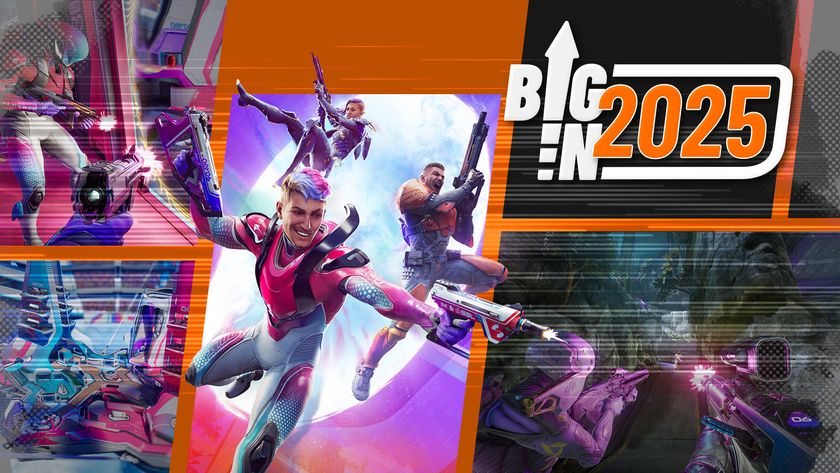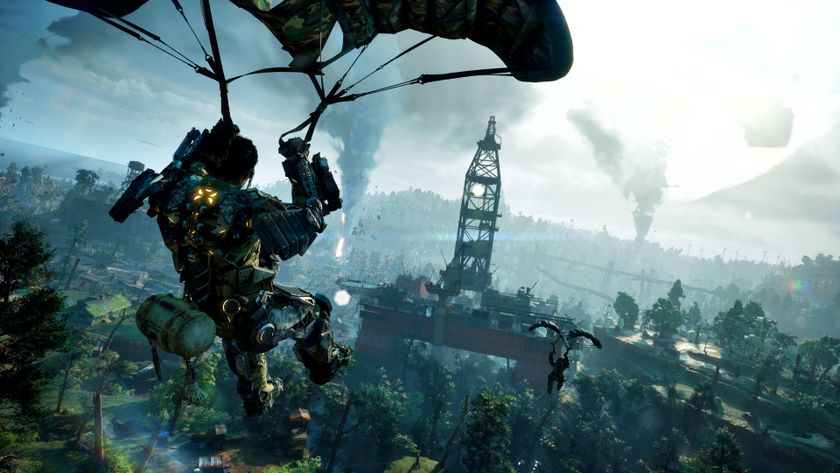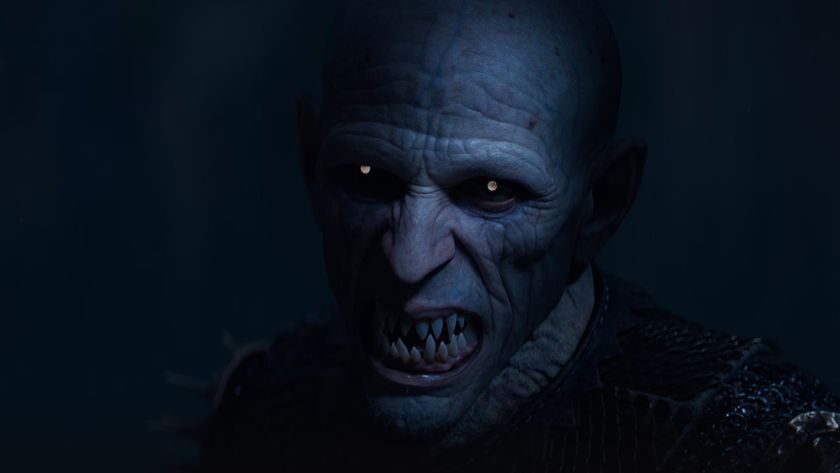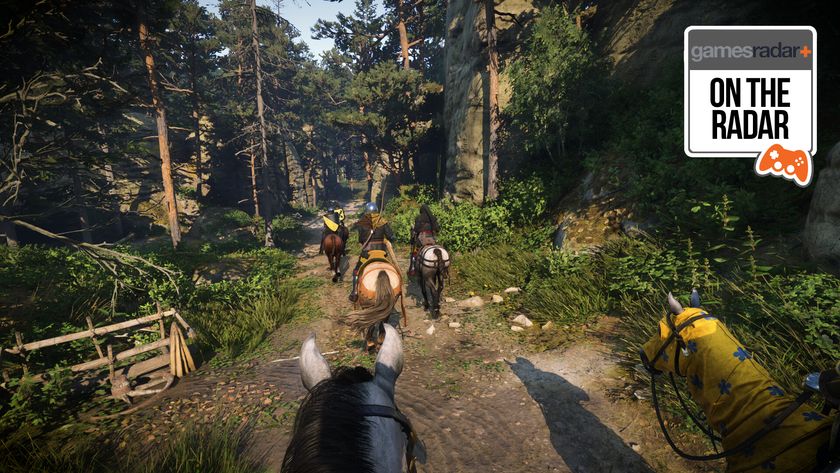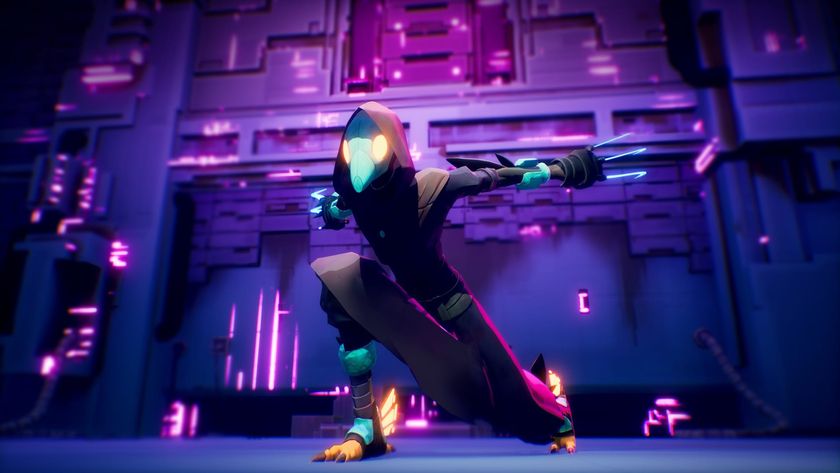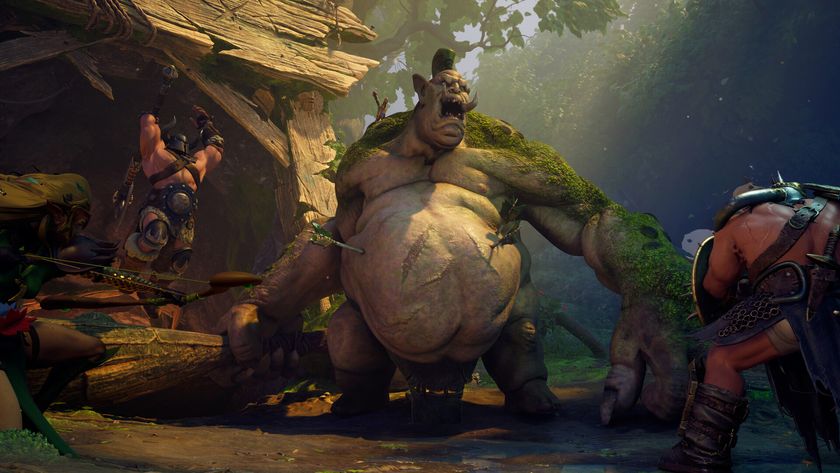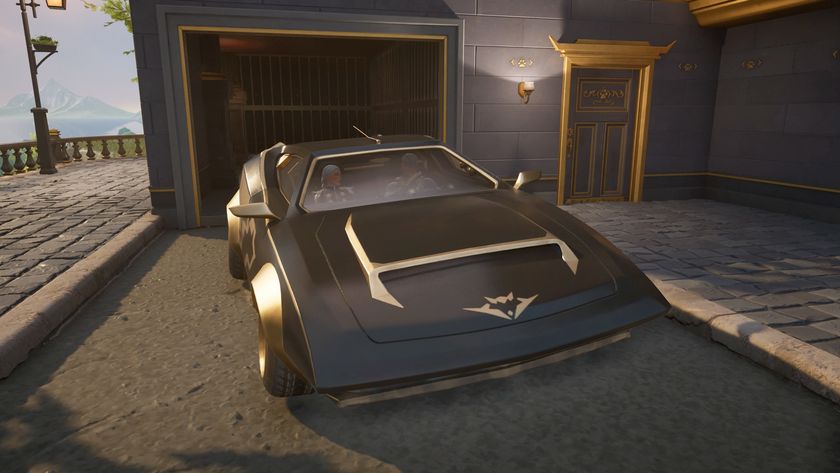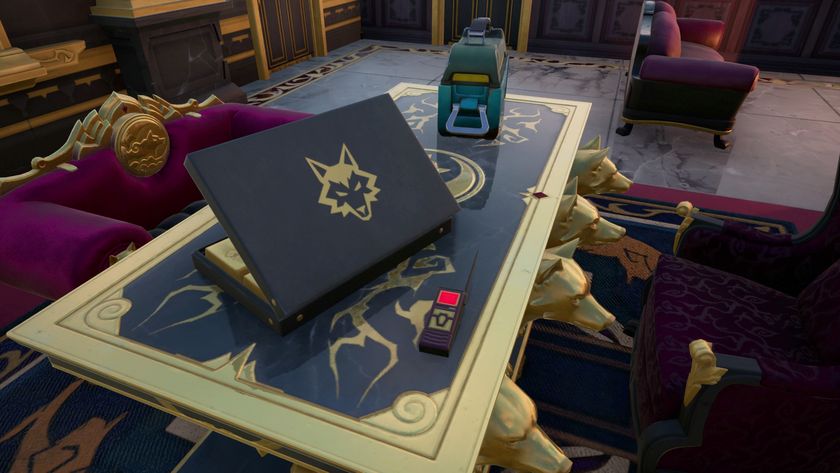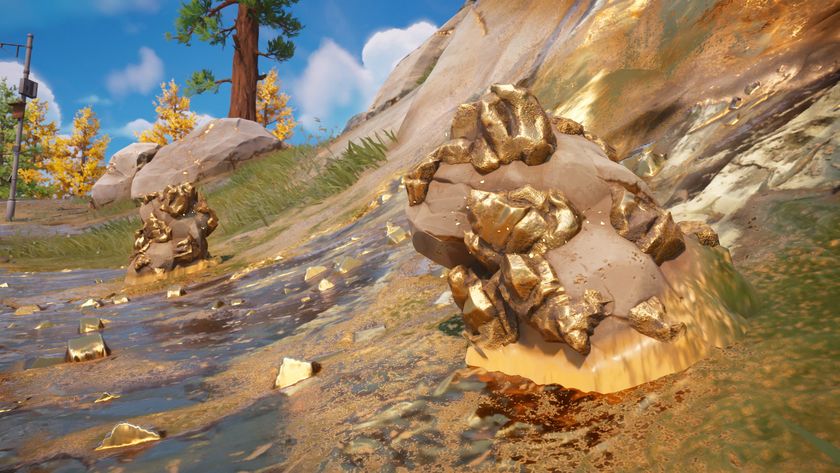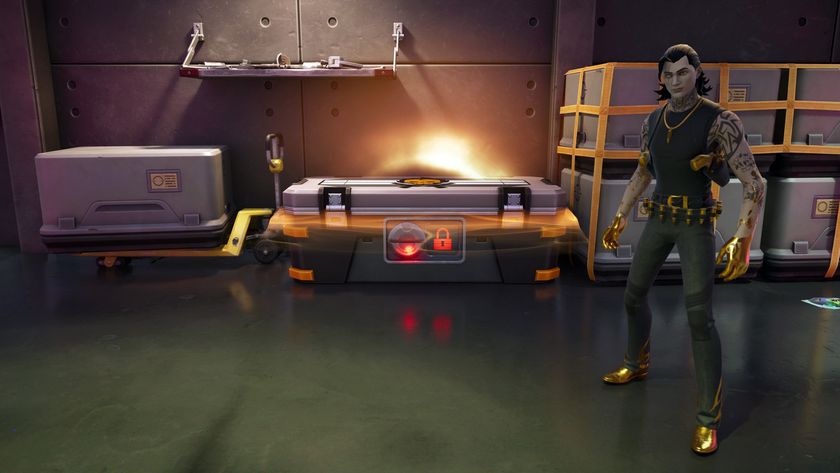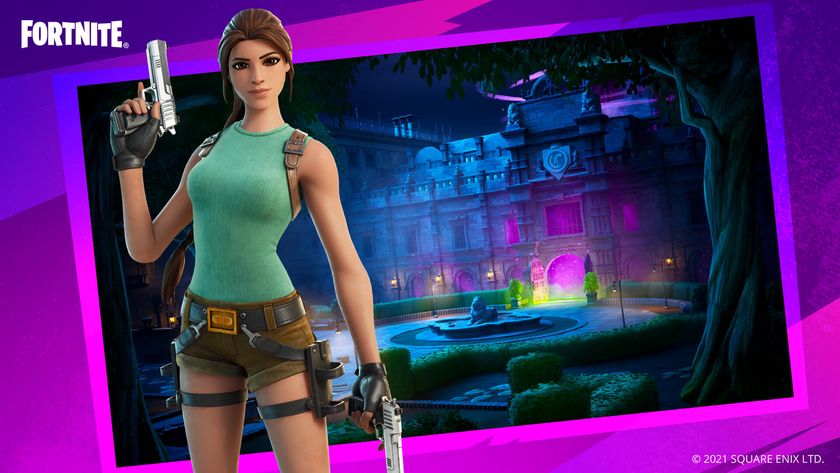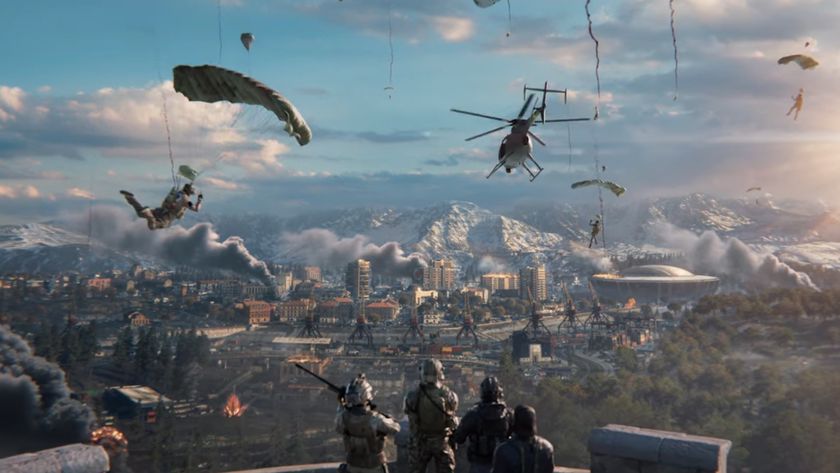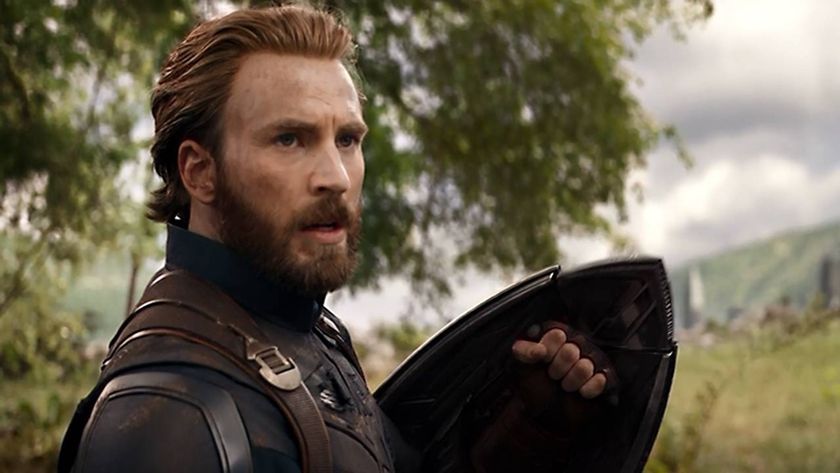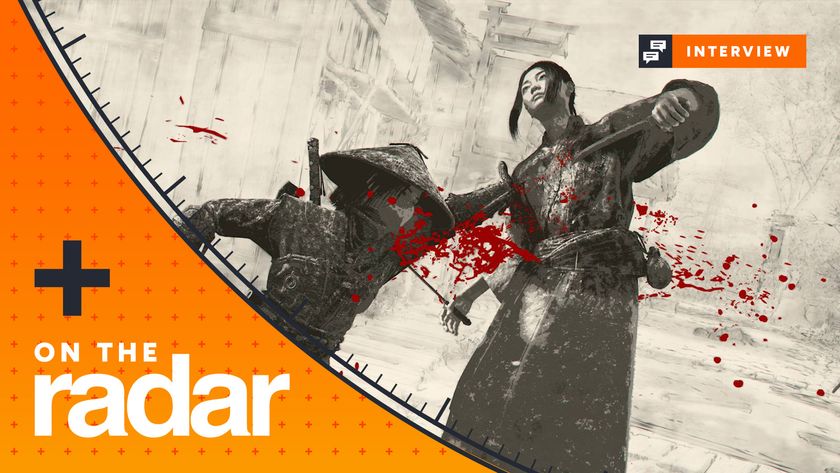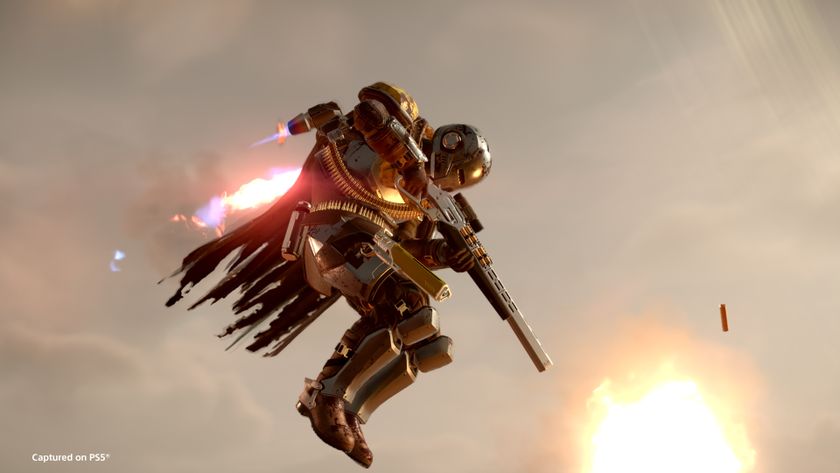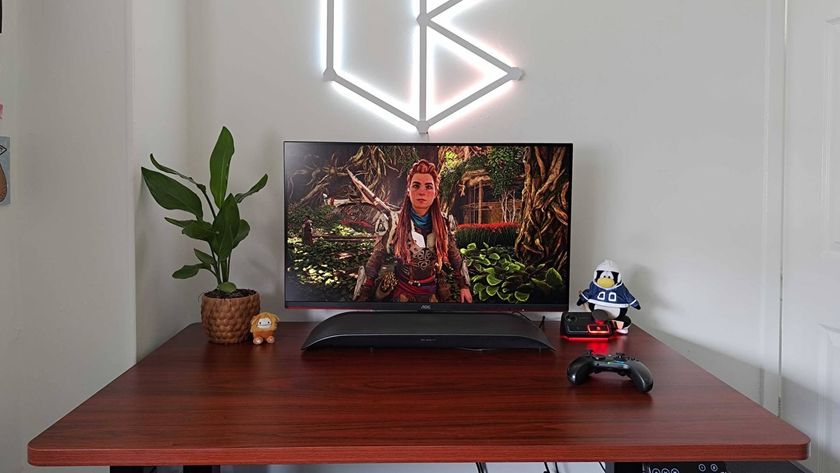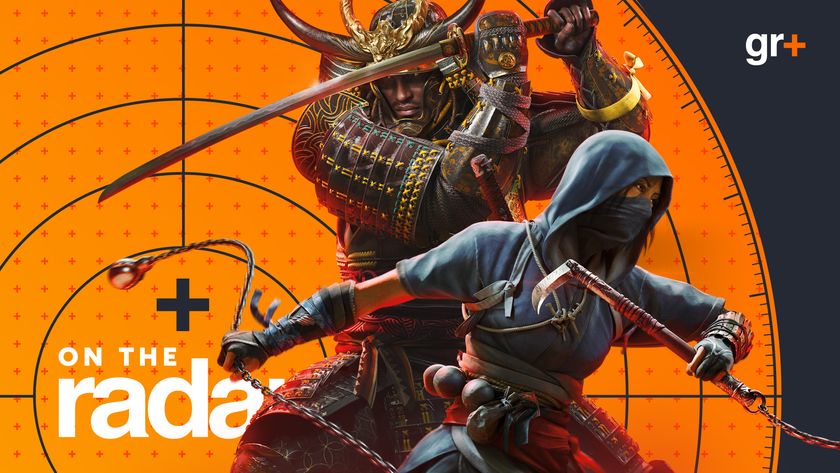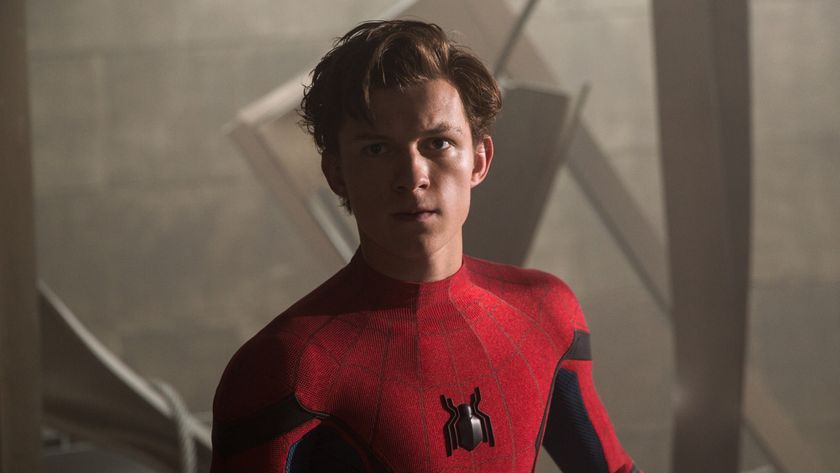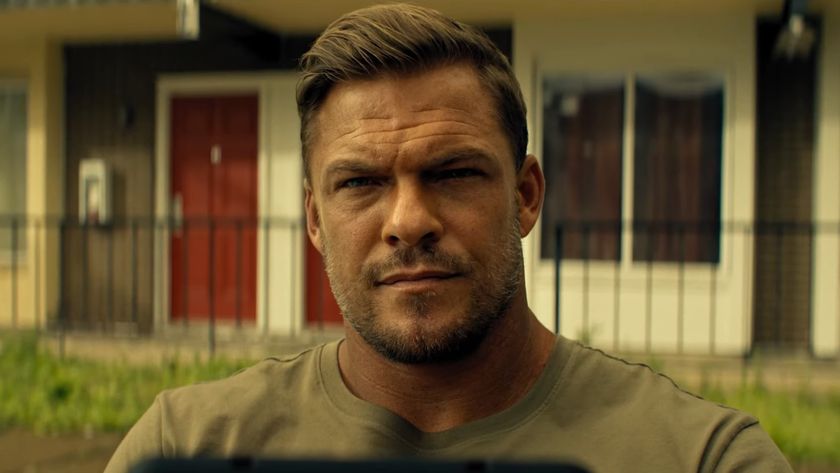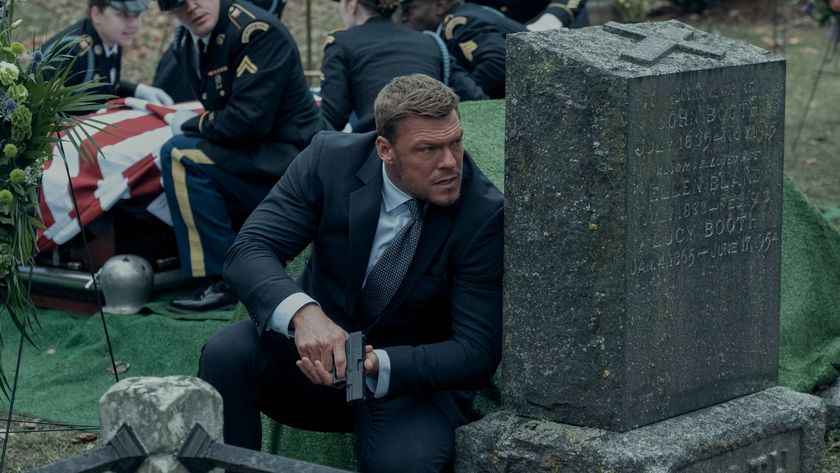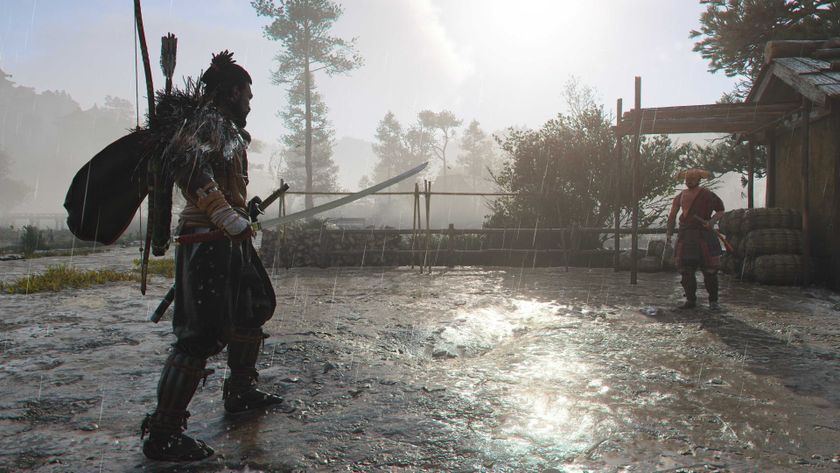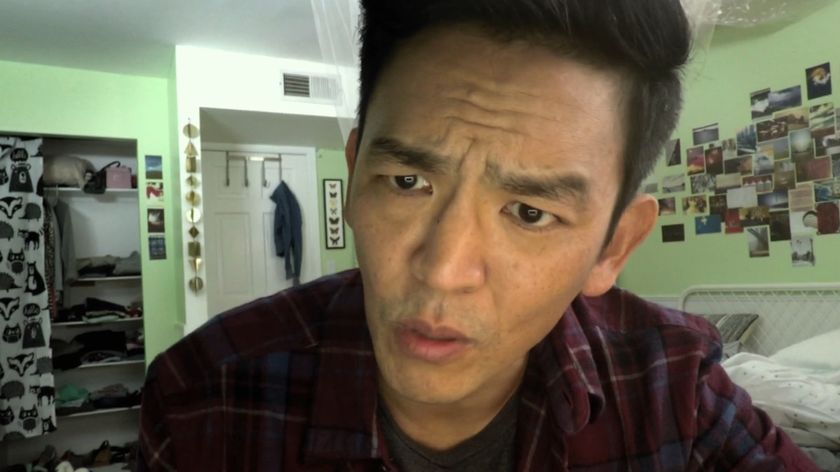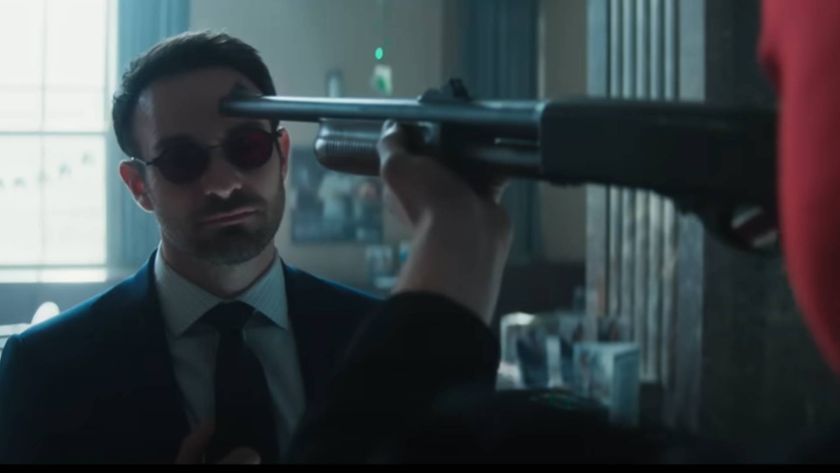How Bloodhunt is evolving to avoid the battle royale graveyard
Bloodhunt devs on staying fresh in the battle royale genre, player feedback, and the Swedish art of jävlar anamma
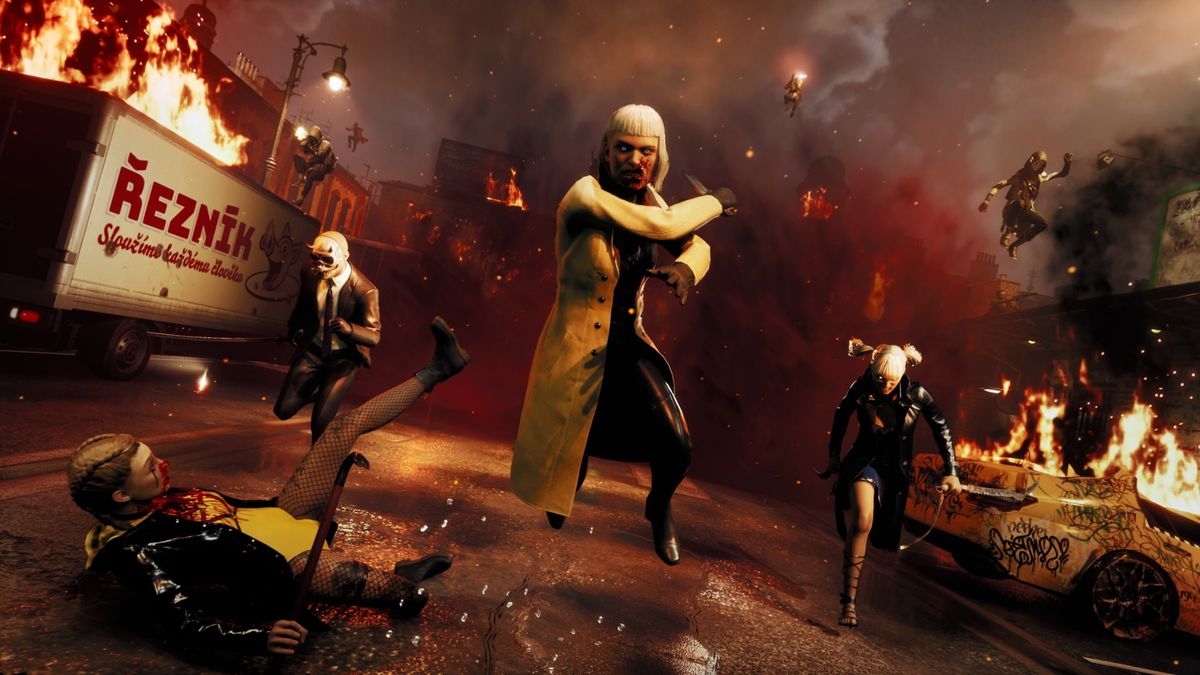
Vampire: The Masquerade Bloodhunt may be a game about the undead, but developer Sharkmob doesn't want a tombstone in the battle royale graveyard.
Developer Sharkmob doesn't want Vampire: The Masquerade Bloodhunt to get its own tombstone in the battle royale graveyard – even if the game is about the undead. That's why it's completely revamping Bloodhunt's live-service model, introducing a Team Deathmatch game mode to help court new players, and, above all else, respond to player feedback. This is all in an effort to ensure the game has lasting potential – especially since it took five years of dev time to get it into the hands of PC and PS5 players. In a hyper-saturated battle royale genre, Sharkmob knows Bloodhunt has to evolve to stay alive.
No more cookie-cutter

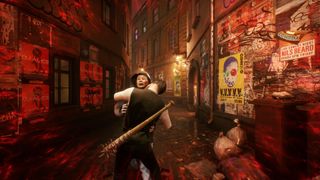
Inside Bloodhunt: How the architects of The Division are building a better battle royale
Bloodhunt's major update, due out on July 14, is all based on three months' worth of player feedback and dev experiences. Product director David Sirland tells me that Sharkmob realized the "cookie-cutter" live-service approach of a 12-week, 100-rank battle pass wasn't the right fit for the team – and not for the reason you may think. Rather than the live-service model causing unnecessary crunch, Sirland says it was quite the opposite.
"[The cookie-cutter approach] doesn't really suit our team and the way we want to work. We need to revamp this… with that comes separating gameplay updates from content. When you do a season of 12 weeks, it's a massive package that contains it all. But if something fails, everything gets delayed as well," he explains. "We realized the turnaround time if we missed the seasonal update with an important fix was 12-plus weeks, essentially. That doesn't really cut it." Instead, Sharkmob wants to have faster reaction times for necessary bug fixes that will help build a baseline of players that's "happy and hopefully growing," according to Sirland.
We realized the turnaround time if we missed the seasonal update with an important fix was 12-plus weeks, essentially. That doesn't really cut it.
Product director David Sirland
That's why Bloodhunt is ditching a Season 2 in favor of its upcoming "summer update", which will include an entirely new, discounted battle pass ($5.99 instead of $9.99), an 8v8 Team Deathmatch mode, and several quality-of-life updates. The update will also separate players more based on skill when matchmaking (but not so much that it increases queue times) to hopefully avoid new players getting trounced by vets. And there are some major gameplay updates coming down the pipe, including a controller setting revamp and fixes for what Sharkmob calls "hydra" bugs like the persistent reload bug. "Reload bugs, I should say, because there's really 12 of them," Sirland admits. "We chopped off one head which was hit registration in that early test before launch, then we had the real issue."
With Sharkmob initially following a 12-week seasonal cadence for any sort of major updates, bugs have persisted longer than both the devs and the players would like. "We've actually had multiple times where we had a fix ready or a feature ready or a new thing done, but there was an outfit that was delayed for the seasonal release, so it was all delayed. That has happened a couple of times. So we want to decouple this," Sirland explains.
Small and quick

I think it's fair enough that live game players are demanding, it's kind of the point, right?
Communications director, Martin Hultberg
According to Sharkmob, Bloodhunt has seen over six million installs since its April release. It's unclear how high its retention is, although we can assume it may not be as high as the studio would like, given the changes on the horizon. But the game's dedicated playerbase is active and passionate both in-game and on the Bloodhunt Reddit and Discord, pointing out bugs in a dedicated channel and giving extensive feedback for Season 1 (which includes frequent references to the reload Hydra bug).
Sign up to the 12DOVE Newsletter
Weekly digests, tales from the communities you love, and more
I ask if the team has found the demands of live-service players to be a bit overwhelming, but communications director Martin Hultberg sees things a little differently. "I think it's fair enough that live game players are demanding, it's kind of the point, right? Because you have a closer relationship to the developer, and that's what we wanted all along," he points out. "We said from the start that we saw the live phase as step two of development, where we take a basic platform and then evolve and change it together with whoever ends up playing it. I think going from a 12-week season to shorter, quicker updates is definitely a reflection of what the community wants and what they need right now. If the community needs change, and if the way they play the game changes, then you should react to that. So they should be demanding in that sense because that guides us and helps us make a better game. As long as they're polite about it, they can demand whatever they want."
Hultberg and Sirland both come from large AAA developers (Ubisoft and DICE, respectively), and they acknowledge that there are certain advantages afforded to such well-established studios when it comes to working on live-service games. "I think one of the biggest advantages and also biggest challenges is that we're a new studio, we don't have a lot of luggage in terms of process and legacy," Hultberg tells me. "But you have to relate to everything else going on in that company and how things work and what other products are doing and how you set up your online strategy and whatever. And to a degree, I think that makes you less flexible in certain areas. Whereas we – I think it's wrong to say we can do whatever we want, we can't – but we have a lot of room for making up how we want to work with live service games."
I point out examples of large studios that are still working to implement a successful live-service model after a game's launch, like 343 Industries and its struggle with Halo Infinite's cadence. "If you can't be big and strong, you have to be small and quick," Hultberg says. "But if there was a simple formula for it, everyone would be hitting home runs all the time. So there's a certain degree of luck, there's a certain degree of skill, and then a certain degree of, as we say in Swedish, 'jävlar anamma' which basically means just being stubborn."
Swedish backbone
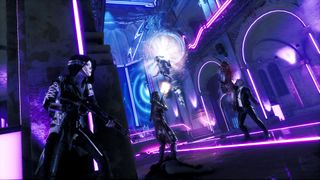
Sharkmob's jävlar anamma and flexibility contribute to the creation of a live-service model that can be applied to the other two, and as yet unannounced, live-service games it's currently working on. Whatever the devs working on Bloodhunt learn from release cadences, bug fixes, and player feedback, they share it with the other games' teams, Hultberg assures me. Think of it as a live-service science experiment, with findings that will define the studio's future.
In the immediate future, the team hopes that more frequent updates will reinvigorate both the players and the devs. "That monthly update rate is super addicting, and it's super creative, it's so much fun. It's the most fun I've ever had in a game," Sirland says. "When you have a stable game, and you have an audience that is doing things they like and you can figure out what they like next, you can try stuff as well. You can run into a wall. And it's fine because you have 10 other things coming up." Hultberg jumps in, saying, "It goes both ways. It's one thing when we engage with the community but we have to wait 12 weeks for them to see the changes, but if they can see the changes on a monthly basis then they know what they're talking about is actually being heard."
The team's flexibility and respect for its player base don't necessarily mean Bloodhunt will end up being a wildly successful battle royale with a life cycle that extends years into the future – but they hope it will. "We obviously want this – this is our baby, our first game, it's very important to us – we want this to succeed. And I think the best way we can make it succeed is being very flexible and figuring out who wants to play our game," Sirland says. In the battle for battle royale supremacy, it'll be interesting to see how a new studio that's willing to contort itself into new shapes will fare.
How many of the best battle royale games have you played?
Alyssa Mercante is an editor and features writer at GamesRadar based out of Brooklyn, NY. Prior to entering the industry, she got her Masters's degree in Modern and Contemporary Literature at Newcastle University with a dissertation focusing on contemporary indie games. She spends most of her time playing competitive shooters and in-depth RPGs and was recently on a PAX Panel about the best bars in video games. In her spare time Alyssa rescues cats, practices her Italian, and plays soccer.
